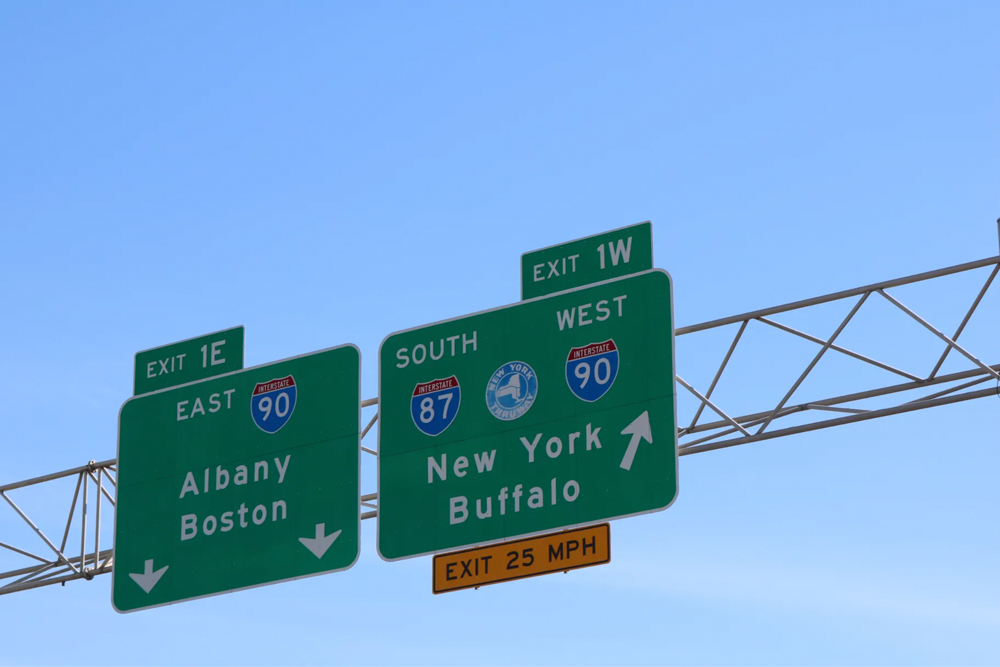
The City’s Residency Compliance Commission, which ensures people employed by the City of Boston live within city limits, has temporarily allowed waivers for potential workers outside of Boston to fill select government positions due to recent scarce prospects when hiring workers.
The City and Boston Public Schools are also in the process of bargaining with various trade unions, so there is not a set date for the policy’s implementation. City Councilor Kenzie Bok said the vacancies are at an “emergency level.”
“It’s a really tight labor market, and you’re seeing really high costs of living,” said Bok, who is also a member of the Residency Compliance Commission. “So, that combination are really making it impossible for us to hire for some of these roles.”
The positions include Boston Public Schools bus monitors and cafeteria workers, Boston Police Department call-takers and 911 dispatchers, and City arborists.
The City spokesperson described the “temporary policy move” as “working with the best interests of Boston’s residents, students and visitors in mind.”
Once 85% of the positions are filled, the City says waivers will no longer be accepted and the rest of the positions will have to be filled by Boston residents, except for arborists, who can continue to be non-Boston hires. Furthermore, after three years have passed, every employee who filed for employment using the waiver will have to prove Boston residency.
“The jobs included in the temporary lifting of the residency requirement are either crucial to public safety and health, or require special skills that have made hiring difficult,” a City spokesperson wrote in an email.
Bok further explained the vacuum these positions leave when they are unfilled.
“It’s really scary when any constituent of mine calls 911 and risks that they’re going to get a ‘sorry, no operator available,’ that’s just unacceptable,” she said. “The same thing with a bus that can’t get a student to their destination because the bus monitor that they need to have on that bus isn’t there. These are critical breakdowns.”
Bok emphasized, though, that this policy is only temporary and that the goal for the City of Boston is to be “government of the people, by the people.”
“We want it to be Bostonians in these jobs,” Bok said. “But, it’s also our duty to Bostonians to make sure that these jobs are filled.”

















































































































George Guptill • Sep 14, 2022 at 12:05 pm
Clearly the outdated 10 year residency requirement negatively affects their ability to hire given Boston has consistently ranked in the top 5 cities to live, usually it’s number 3! A single person needs to earn approximately $90K to live comfortably in this city! The average rent for a 1 bedroom apartment is in excess of $2600 per month. In order to purchase a home the minimum annual household salary needs to be $177,000. Given the entry level compensation offered has not kept pace with inflation and the consumer price index, qualified applicants merely look elsewhere. Having been a Realtor previously for 10 years and now working for the city with just 6 years in, employees with less than ten years are renting until they fulfill the 10 year requirement and the seek to buy outside the city. There is no benefit to the city as renters do not pay real estate taxes. These vacancies will continue to grow unless the residency requirement is dropped and the wages and salaries increase dramatically. Contracting this work out will only cost the city more money.
Bostonian • Sep 13, 2022 at 12:15 pm
They’ll really do anything but pay a living wage. Your “duty to Bostonians” is to ensure their ability to live and work in Boston, not outsource their jobs to people you refuse to pay well enough to live in the city you’ve neglected to protect from predatory landlords, low wages, and trains that catch on fire on bridges.